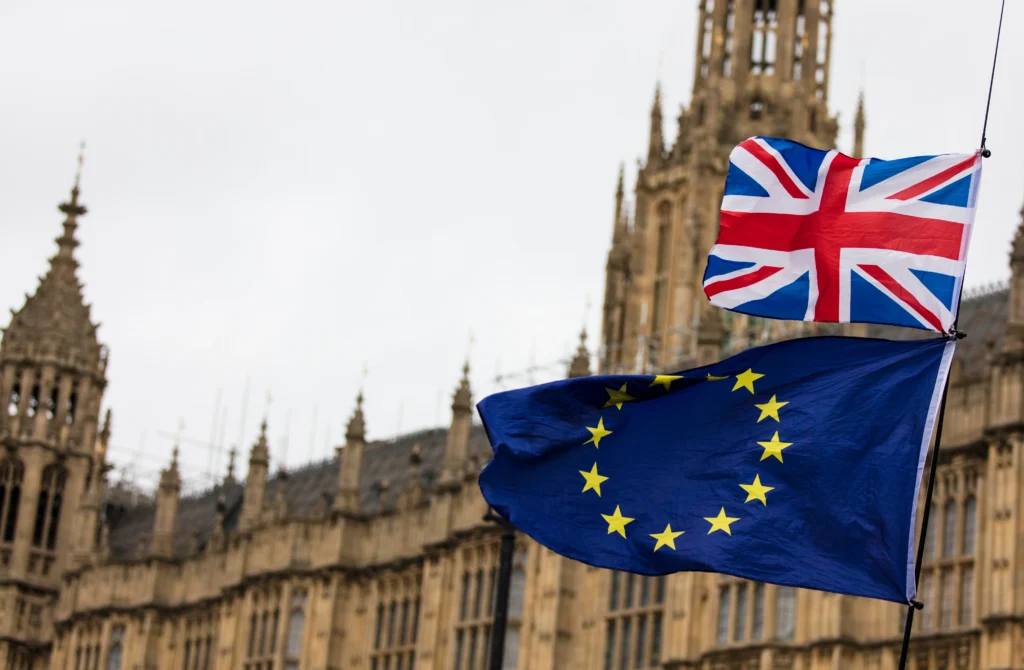The government was hoping to push through welfare reforms aimed at cutting long-term disability benefits particularly Personal Independence Payment (PIP) and tweaking Universal Credit to reduce unsustainable levels of welfare spending. The total welfare bill in the UK is £141.2billion.
Last year the government spent £21.6billion on PIP and £90billion on universal credit. These budgets combined are more than the total spend on defence and education and at a time when the economy is not growing fast enough savings need to be found. But faced with a major rebellion, Starmer blinked and as a result the government made a series of big concessions.
The Biggest Climbdown: Personal Independence Payment (PIP)
PIP provides support to individuals with long-term health conditions and disabilities. The government had initially proposed tightening eligibility criteria in an effort to save billions of pounds, but that plan has now been abandoned. Instead, a comprehensive independent review will be undertaken, led by Labour MP Stephen Timms, with disabled people actively involved in co-producing the process to ensure it is fair, inclusive, and informed by lived experience.
Until that review is finished, no changes will be made. For now, PIP is untouched, meaning the forecasts savings will have to be realised in other ways in the Autumn Budget. The reforms will not affect anyone already on PIP or Universal Credit. Even new claimants with severe conditions will see their payments protected in real terms.
That’s a win for campaigners but again a big hit to Treasury savings. The reduced Universal Credit rates for new claimants (with less severe conditions) are still coming, but not until 2026–27. So, there’s a delay and a less immediate impact on the welfare budget, but again it will mean savings are delayed.
The Economic Fallout: Billions Lost and a Budget Hole to Fill
While backbench Labour MPs are delighted with the government’s concessions, here’s the kicker: these concessions have blown a massive hole in the government’s financial plans and are going to mean the Chancellor has some severe budget challenges later in the year. Originally, the welfare changes were expected to save up to £5.5 billion a year by 2030.
The Office for Budget Responsibility now expects the revised plan to save almost nothing and may even cost money in the short term. This means the government will have to look elsewhere to make savings or even look to raise taxes on the public and businesses who are already paying high rates of tax. Thanks to this U-turn, Chancellor Rachel Reeves now needs to find up to £6 billion to balance the books before the Autumn Budget later this year. That means tough choices. The government has promised to stick to its self-imposed fiscal rules. So, what are the options?
Given the Chancellor’s fiscal rules, the likely outcome is tax rises. In its manifesto the Labour government said it won’t raise income tax, VAT, or National Insurance, but other options are on the table. Wealth taxes? Changes to pension relief? Online gambling levies? All these options are being whispered in Westminster. If not tax rises, then cuts to other departments will have to be produced but this will not be popular with Ministers already operating under tight spending requirements.
But after years of austerity, there’s not much low-hanging fruit left. Any new reductions will be painful and politically risky especially when populist parties such as Reform are riding high, and the new threat of a party of the left led by Jeremy Corbyn and Zarah Sultana which could prove popular with young voters, and those who do not feel the Labour government has delivered for them.
If, however, Labour breaks its own fiscal rules, it risks damaging market confidence. That’s already wobbling as gilt yields are up, and the pound has dropped since the U-turn. The whole position is a troubling one for the Chancellor.
A Leadership Strain: Party Divisions and Political Risks Ahead
But this isn’t just a numbers game. The welfare climbdown has left bruises across the party and there is no escaping the fact that the government’s authority has been damaged. Rebel MPs are still very angry. Many believe the reforms are unfair and morally wrong, even in their softened form and will probably go on to oppose them. The Prime Minister’s leadership has taken a hit.
Critics say this is just the latest in a string of U-turns, and it makes Labour look reactive rather than proactive and is a git to Reform who are now taking the fight to Labour. If the Autumn Budget includes tax rises or further cuts elsewhere, Starmer may find it even harder to keep the parliamentary party united. Amid all this the Trade Unions are also stirring as pay negotiations and Doctors are striking.
The Labour government retreated on its key welfare reforms to avoid a rebellion but in the process lost billions in planned savings and the Autumn Budget now faces a shortfall of approximately £4–6 billion. Tax rises or spending cuts are almost certain Starmer’s political capital has taken a hit, and any new welfare changes will certainly trigger fresh revolts from backbench MPs. That is perhaps the biggest issue to emerge from this whole debate, namely, the ability of backbench MPs to control the government and force a retreat. The welfare row shows how difficult it is to balance compassion, political unity, and fiscal discipline. November’s Autumn Budget will be the next big test for the government and with little room for manoeuvre it’s shaping up to be a political minefield.




